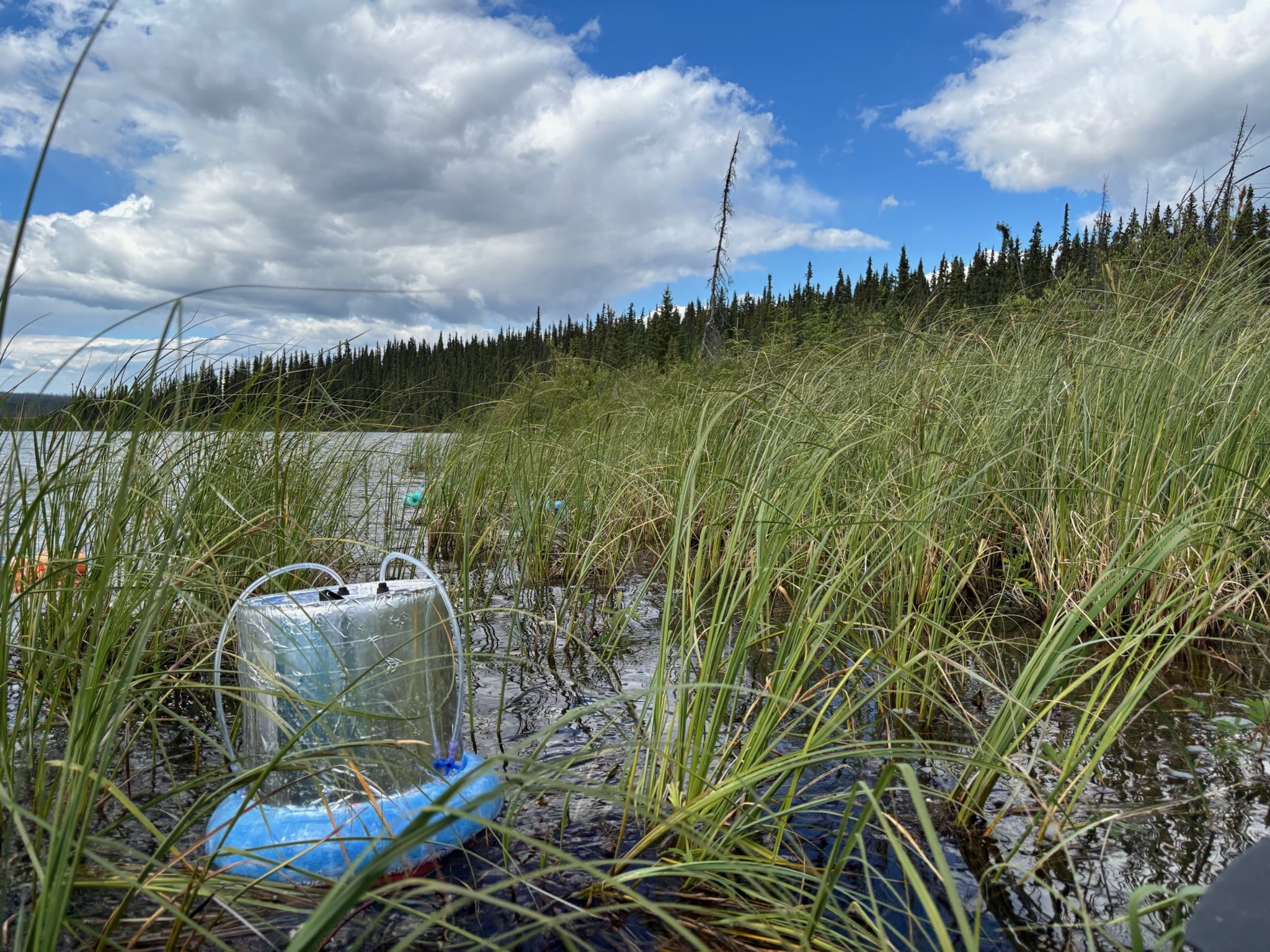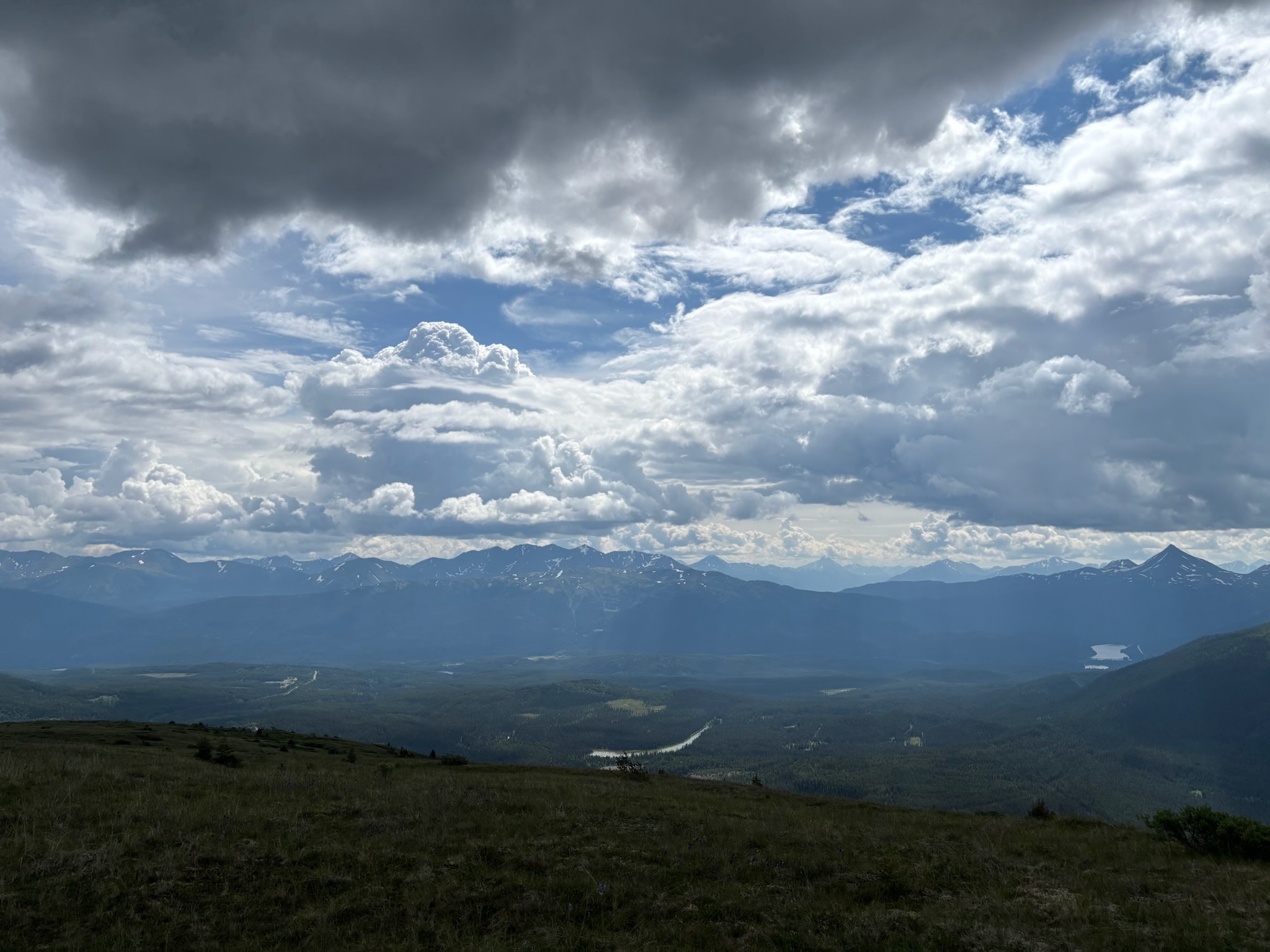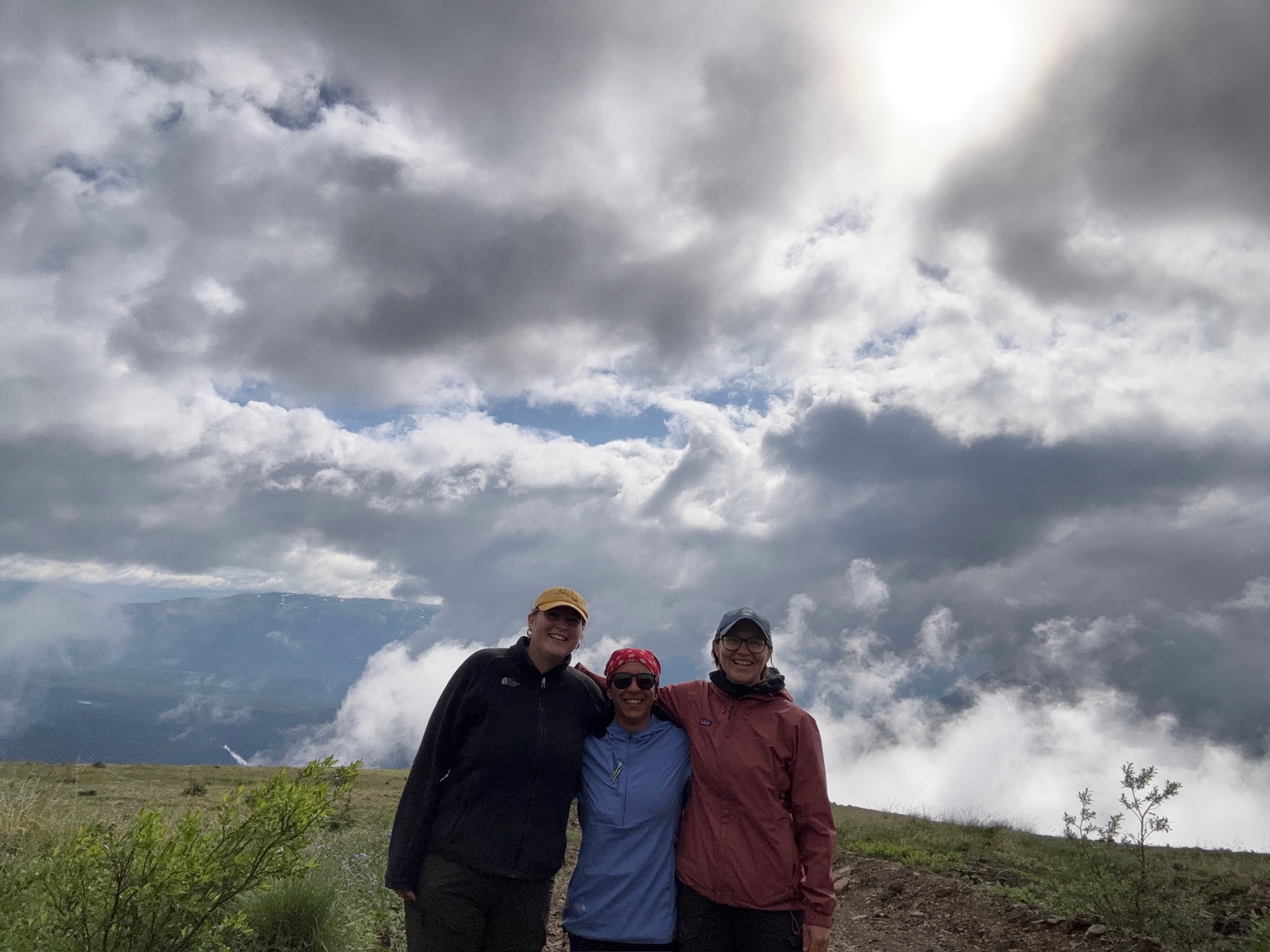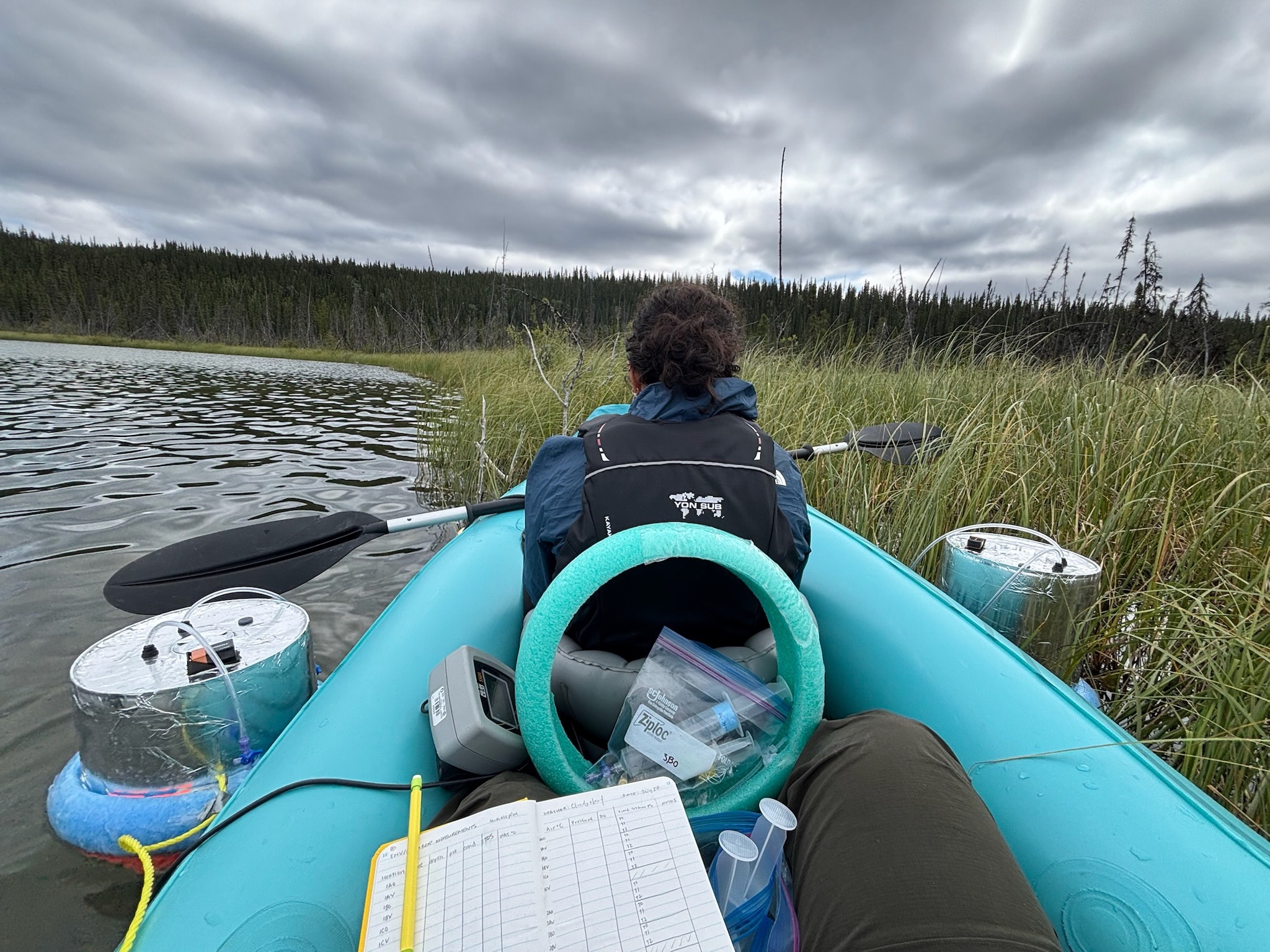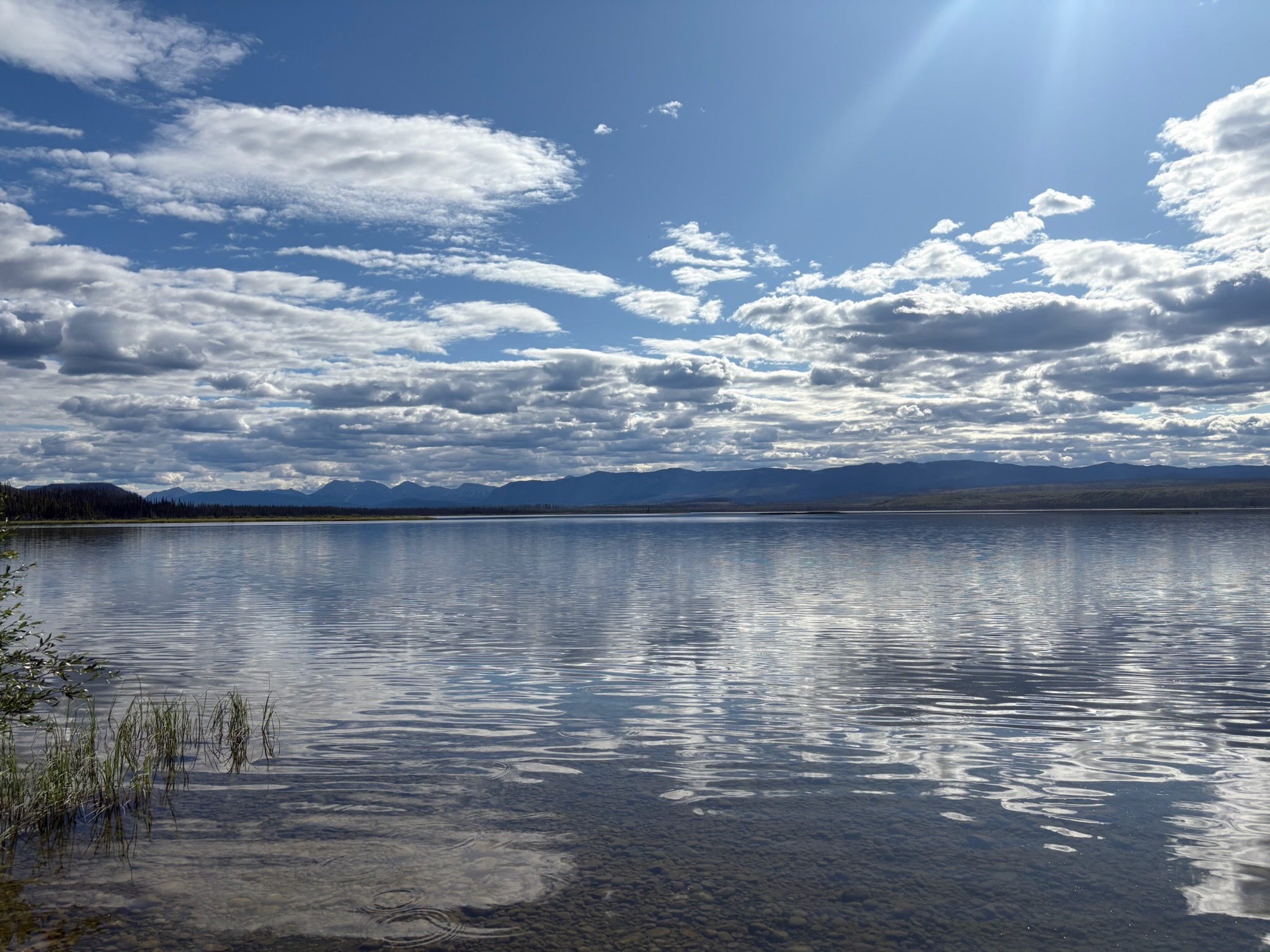Aquatic Projects
Scroll through to see how we’re understanding how freshwater systems are changing!
What’s happening to aquatic systems in the North?
Climate warming is occurring more rapidly across northern latitudes than anywhere else on the planet, with potentially important consequences for aquatic ecosystem function and humans that rely on these waterways. For example, lakes and waterfronts support food webs and biodiversity, regulate the climate through carbon storage and emissions , control water flow and quality, and maintain the health of the oceans through carbon and nutrient capture and transport.
How are we approaching these problems?
We aim to quantify the impacts of warming, permafrost thaw, and wildfire on water quality, carbon emission and storage, and nutrient cycling using a variety of tools.
Examples of our research approaches include:
1) utilizing high-frequency data collections to quantify the impacts of warming on oxygen and carbon dynamics in glacial lakes in northern British Columbia and Yukon;
2) measuring field-based emissions of methane from emergent vegetation in boreal lakes using portable infrared greenhouse gas analyzers;
3) conducting laboratory experiments to understand the impact of sediment warming on microbial community composition and potential methane production.
Want to learn more? Reach out to us!
Interested in joining our group, joining a class with Dr. Kuhn, or collaboration in general? Head on over to our contact page to get in touch!
Photos from Aquatic Projects!
